So you’ve recently moved into a house with a septic tank, and you’re wondering what things you should avoid in order to keep it running smoothly. Well, worry not, because we’re here to help! In this article, we’ll explore the different factors that can potentially ruin a septic tank and how you can prevent any costly damage. From excessive water usage to improper waste disposal, we’ll cover it all to ensure your septic tank stays in top shape for years to come.
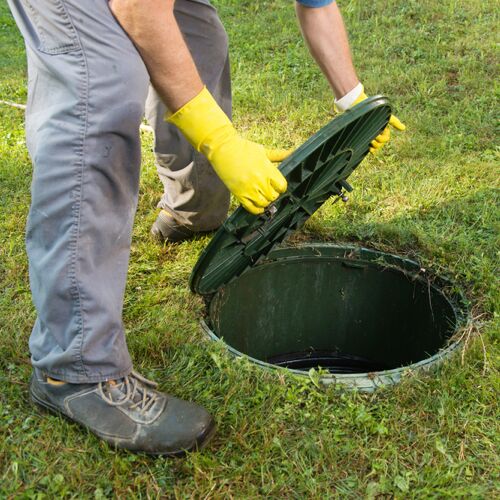
Introduction
Maintaining a properly functioning septic tank is essential for the proper disposal of waste in your home. However, there are several factors that can lead to the deterioration and malfunction of a septic tank system. In this article, we will explore some of the common causes that can ruin a septic tank and how you can avoid them. By understanding these factors, you can ensure the longevity and efficiency of your septic tank system.
1. Inappropriate Waste Disposal
1.1 Flushing Non-Biodegradable Items
One of the main culprits that can ruin a septic tank is the flushing of non-biodegradable items down the toilet or drains. Items such as wipes, sanitary products, and cleaning wipes can clog the pipes and hinder the natural breakdown of waste in the tank. To prevent this, it is important to only flush toilet paper and human waste down the toilet, and dispose of other non-biodegradable items in the trash.
1.2 Pouring Grease and Oil
Pouring grease and oil down the drain may seem harmless, but it can have detrimental effects on your septic tank. These substances can solidify and form clogs in the pipes, leading to backups and damage to the tank. It is important to dispose of grease and oil properly by allowing them to cool and solidify before throwing them in the trash.
1.3 Chemicals and Pharmaceuticals
Chemicals and pharmaceuticals should never be disposed of in the septic system. These substances can disrupt the balance of bacteria in the tank, inhibiting the natural decomposition of waste. Additionally, they can contaminate the groundwater and have negative impacts on the environment. It is recommended to dispose of chemicals and pharmaceuticals through appropriate recycling centers or hazardous waste collection programs.
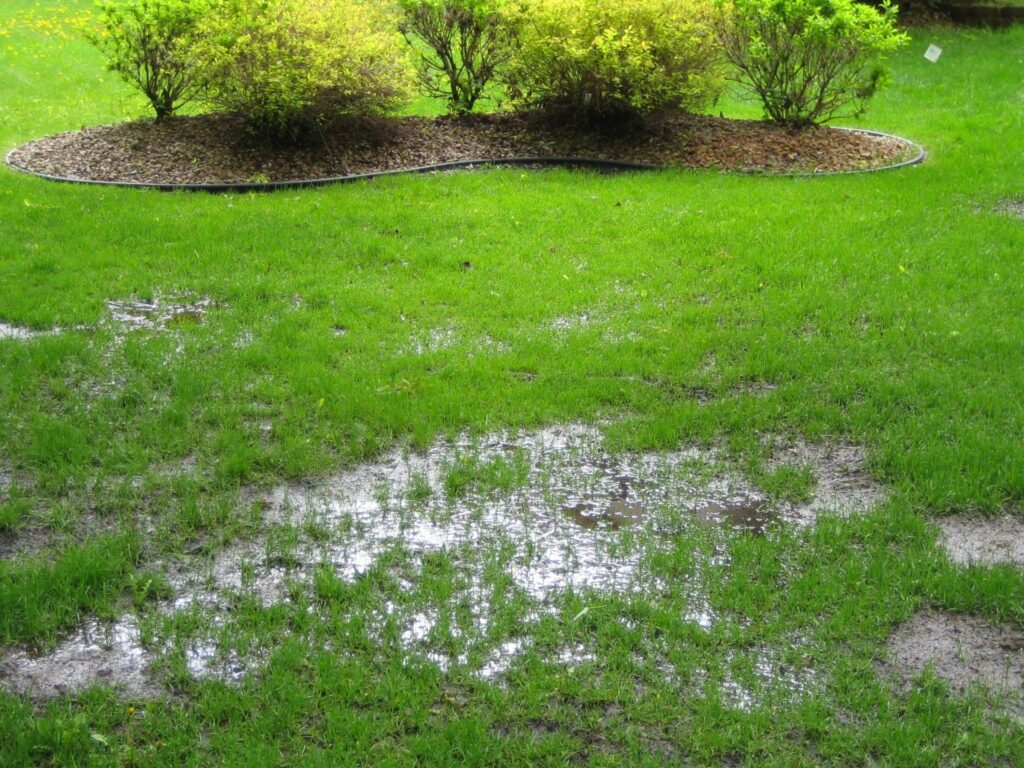
2. Excessive Water Usage
2.1 Overloading the System
Using excessive amounts of water can overwhelm the septic tank system, leading to its failure. Activities such as doing multiple loads of laundry in a short period of time or running the dishwasher continuously can put a strain on the system. It is important to spread out water usage throughout the day and avoid overloading the system with large amounts of water in a short period.
2.2 Frequent Long Showers
Long showers may be relaxing, but they can be detrimental to your septic tank system. The excessive water flow can fill up the tank quickly, preventing the solids from settling and separating properly. This can lead to clogs and backups in the system. To prevent this, it is advisable to take shorter showers and reduce water usage whenever possible.
2.3 Continuous Running Toilets
A continuously running toilet may not seem like a major issue, but it can waste a significant amount of water and strain the septic tank system. The constant flow of water can lead to an overload of the system and prevent the tank from properly treating the waste. To avoid this, promptly repair any running toilets and avoid letting them run unnecessarily.
3. Lack of Regular Maintenance
3.1 Infrequent Pumping
Regular pumping of the septic tank is crucial for its proper functioning. Over time, solid waste accumulates at the bottom of the tank, reducing its capacity and efficiency. If the tank is not pumped regularly, the solids can flow into the drain field and cause clogs and damage. It is recommended to have your septic tank pumped every 3 to 5 years, depending on the size of the tank and the number of occupants in the house.
3.2 Neglecting Inspections
Regular inspections of the septic tank system can help identify any potential issues before they become major problems. Inspections can detect leaks, cracks, or other signs of damage that could compromise the system. It is important to have a professional septic tank service provider inspect your system at least once every 1 to 3 years, depending on the age and condition of the tank.
3.3 Ignoring Signs of Trouble
Ignoring signs of trouble can lead to irreversible damage to your septic tank system. Signs such as slow drains, foul odors, gurgling sounds, or sewage backups should never be ignored. These indicate that there is a problem with the system that needs immediate attention. It is crucial to address these issues promptly and seek assistance from a professional septic tank service provider to prevent further damage.
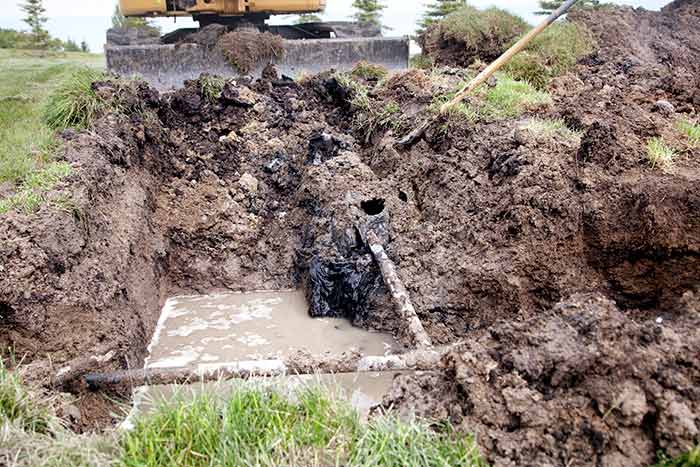
4. Tree Root Intrusion
4.1 Planting Trees Too Close
Planting trees too close to the septic tank system can result in root intrusion. As trees grow, their roots can infiltrate the pipes, causing blockages and damage. It is important to consider the proximity of trees when planning the location of your septic tank system. Keep trees at a safe distance to prevent root intrusion and its associated problems.
4.2 Invasive Root Systems
Some tree species have invasive root systems that can cause extensive damage to septic tank systems. Trees such as willows, poplars, and silver maples have aggressive root systems that can penetrate pipes and even the tank itself. It is advisable to avoid planting these tree species near your septic system to prevent potential damage.
5. Heavy Traffic or Construction
5.1 Excessive Weight Load
Excessive weight load from heavy vehicles or machinery can damage the septic tank and its components. Driving or parking heavy vehicles over the drain field or tank can cause compression of the soil or even structural damage. It is important to avoid excessive traffic or parking in areas where the septic tank system is located to prevent this kind of damage.
5.2 Damaging Components During Construction
During construction or renovation projects, it is important to take precautions to prevent damage to the septic tank system. Heavy machinery, excavation, or careless disposal of construction materials can lead to damage to pipes, tanks, or the drain field. It is advisable to consult with a professional and take necessary steps to protect the septic tank system during construction or renovation activities.
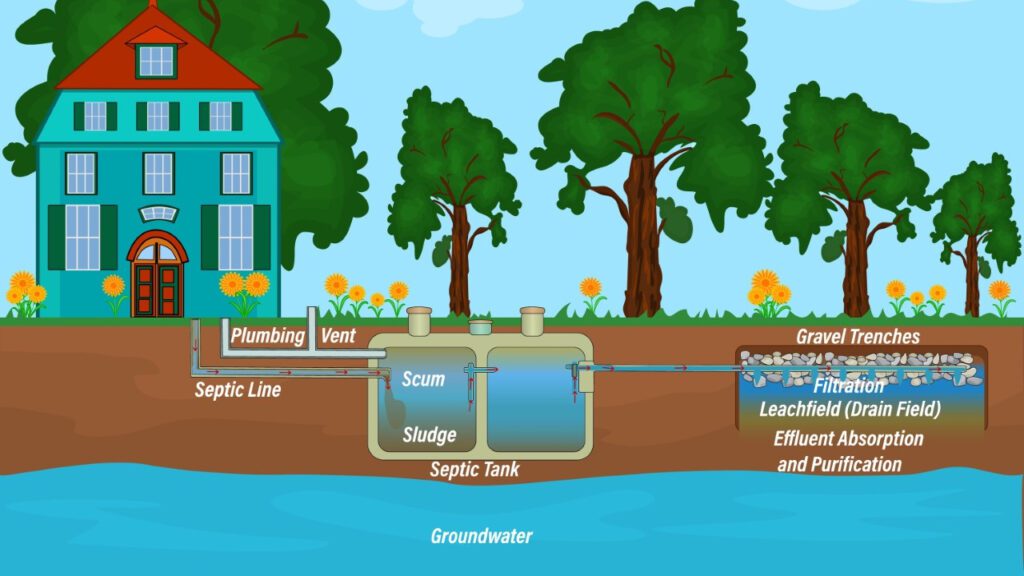
6. Harsh Climate Conditions
6.1 Freezing Temperatures
Freezing temperatures can have a detrimental impact on septic tank systems. The cold temperatures can result in the freezing of pipes, preventing the flow of waste and causing backups. It is important to insulate exposed pipes and take measures to prevent freezing during colder months. Additionally, avoid driving or parking heavy vehicles over the system during frozen conditions to prevent damage.
6.2 Flooding or Heavy Rains
Excessive rain or flooding can overload the septic tank system and hinder its proper functioning. The increased water levels can prevent the proper settling of solids in the tank and cause backups. It is advisable to monitor weather conditions and reduce water usage during periods of heavy rain or flooding to avoid overloading the system.
7. Septic Tank Additives
7.1 Unapproved Chemical Additives
Using unapproved chemical additives in the septic tank system can disrupt the natural balance of bacteria and enzymes responsible for waste decomposition. These additives can harm the beneficial bacteria and inhibit the breakdown of waste, leading to a compromised system. It is important to use only approved septic tank additives and follow the manufacturer’s instructions.
7.2 Excessive Use of Additives
Even approved septic tank additives should be used in moderation. Excessive use of additives can lead to an imbalance in the tank’s ecosystem and hinder its proper functioning. It is recommended to use septic tank additives sparingly and as directed by the manufacturer to maintain a healthy and functioning septic system.
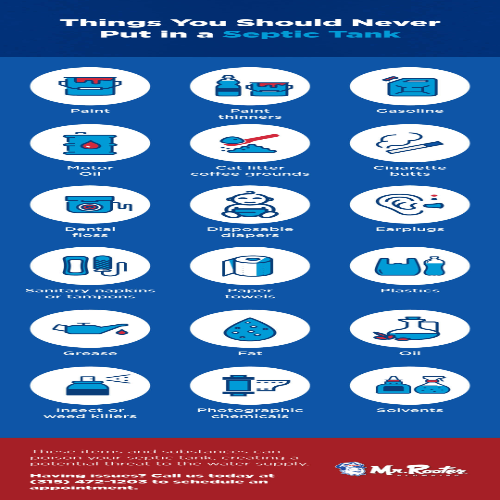
8. Aging Infrastructure
8.1 Deteriorating Tanks
Over time, septic tanks can deteriorate due to age and wear. Deteriorating tanks can develop cracks, leaks, or structural damage, leading to system failure. It is crucial to regularly inspect the tank and address any signs of deterioration promptly. If the tank is beyond repair, it may need to be replaced to ensure the proper functioning of the septic system.
8.2 Faulty Distribution Pipes
Faulty distribution pipes can result in uneven distribution of wastewater in the drain field, causing saturation and potential failure of the system. It is important to regularly inspect and maintain the distribution pipes to ensure even distribution of wastewater. Timely repairs or replacements should be made if any issues are detected.
10. Improper Installation
10.1 Incorrect Sizing
Improper sizing of a septic tank system can lead to various problems. If the tank is too small for the household’s usage, it can quickly fill up, leading to backups and overflow. On the other hand, an oversized tank can result in insufficient water flow and ineffective decomposition of waste. It is imperative to consult with professionals and ensure proper sizing of the septic tank system during installation.
10.2 Faulty Construction Techniques
Faulty construction techniques during the installation of a septic tank system can compromise its overall performance. Incorrect placement of pipes, inadequate sealing of connections, or improper grading of the drain field can result in leaks, clogs, or failures. It is crucial to hire experienced professionals and follow proper construction techniques to avoid any issues with the septic tank system in the long run.
In conclusion, several factors can contribute to the deterioration and failure of a septic tank system. By understanding and avoiding these common causes, you can ensure the longevity and efficient functioning of your septic tank. Regular maintenance, proper waste disposal, responsible water usage, and careful consideration of external factors such as tree root intrusion or heavy traffic are essential in maintaining a healthy septic system. Remember to consult with professionals and follow best practices to protect your septic tank and ensure the proper disposal of waste from your home.
